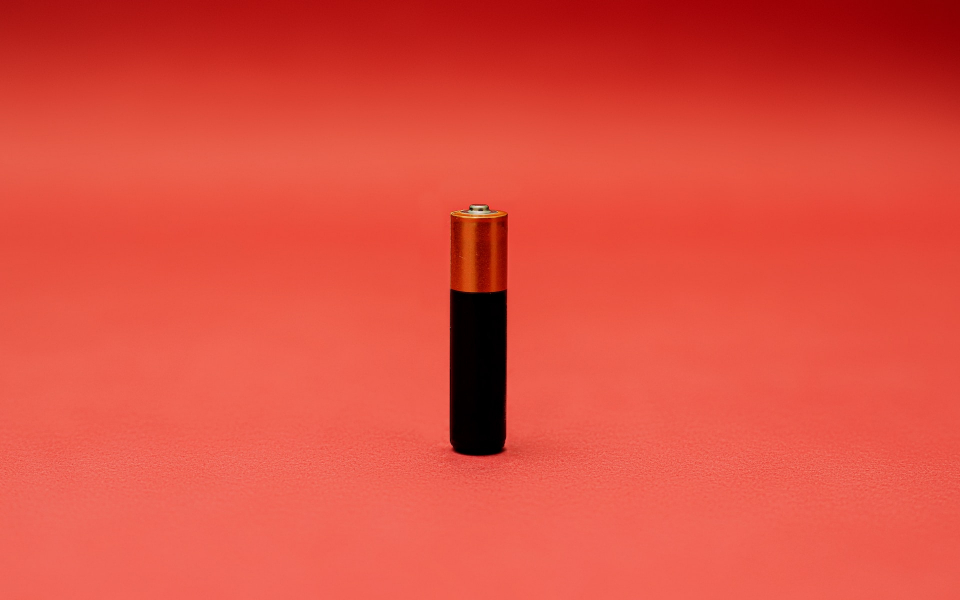In a significant push towards domestic battery production, the Joe Biden administration recently pledged a $3.5 billion funding initiative. This move falls under Biden's Investing in America plan, signifying a notable stride towards supporting the clean energy transition and generating union jobs.
What Happened: Marking the second anniversary of President Biden's Bipartisan Infrastructure Law, the U.S. Department of Energy (DOE) committed up to $3.5 billion from the Infrastructure Law to enhance domestic battery manufacturing and related materials. The allocated funds will support the creation of new facilities and the expansion and retrofitting of existing ones, focusing on the production of battery-grade critical minerals, precursor materials, battery elements, and cell and pack manufacturing.
U.S. Secretary of Energy, Jennifer M. Granholm, underscored the value of the initiative.
She said, "Positioning the United States front and center to meet the growing demand for advanced batteries is how we boost our global competitiveness, maintain and create good-paying jobs, and strengthen our clean energy economy."
Why It Matters: This investment is integral to the Biden-Harris Administration's ambitious goals of achieving net-zero emissions by 2050, making electric vehicles account for half of all new light-duty vehicle sales by 2030, and constructing a robust domestic supply chain. The allocated funding is the second phase of a total $6 billion allocation sanctioned by the Bipartisan Infrastructure Law. The DOE is prioritizing next-generation technologies and diverse battery chemistries, in addition to lithium-based technologies. Applications for the funding opportunity are open until Mar. 19, 2024.










